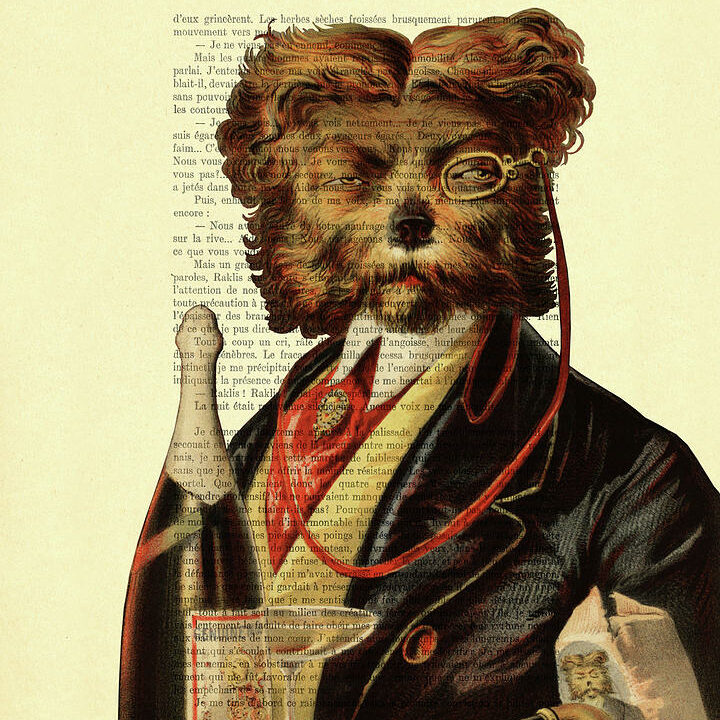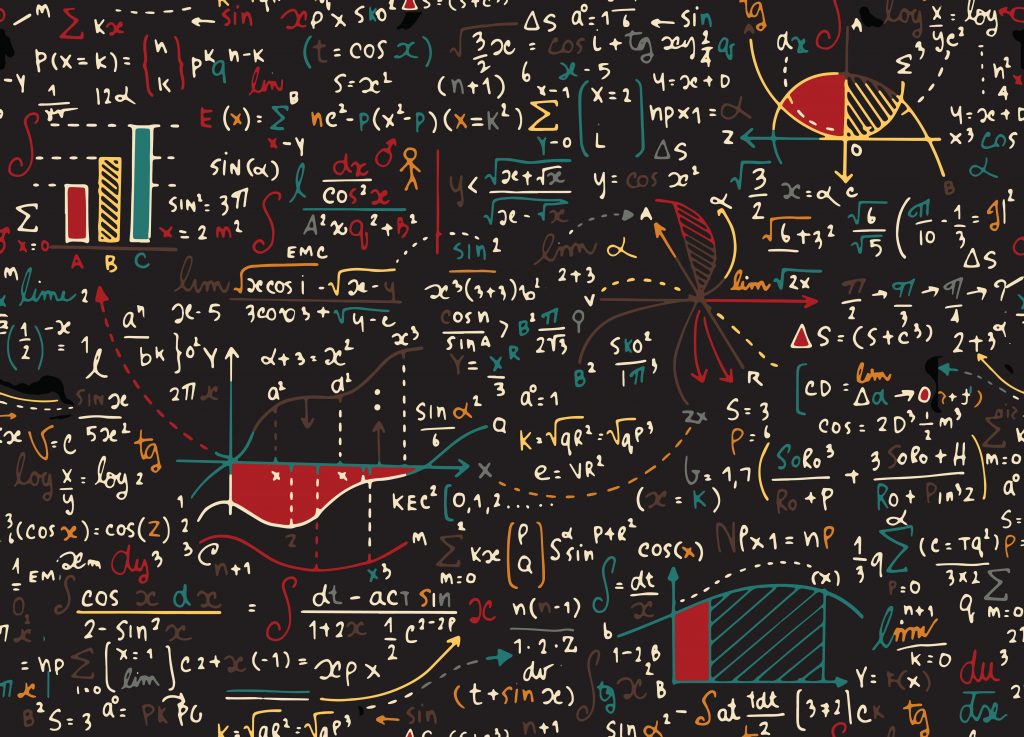Posts by Sean Glatch
Writing Without Limits: Understanding the Lyric Essay
In literary nonfiction, no form is quite as complicated as the lyric essay. Lyrical essays explore the elements of poetry and creative nonfiction in complex and experimental ways, combining the subject matter of autobiography with poetry’s figurative devices and musicality of language. For both poets and creative nonfiction writers, lyric essays are a gold standard…
Read MoreWhat is Historical Fiction? A Guide to Writing the Genre
Historical fiction books are works of literature in which fictional events occurred during real-life historical events. Sometimes, these are simply “period pieces”—a novel written today about lovers in Victorian England would certainly be historical fiction. Often, historical fiction authors will integrate their stories into their own historical obsessions—the U.S. Civil War, the assassination of JFK,…
Read MoreHow to Write a Love Poem
Love poems have tried to capture the essence of love since the dawn of poetry itself. Because love is a highly personal and variable experience, no two love poets will approach the topic in quite the same way. As a result, a corpus of beautiful love poems has emerged throughout our many millennia of writing…
Read MoreWhat is Form in Poetry? 15 Poetic Forms to Try
The relationship between poetry forms and language cannot be overstated: with different forms of poetry, poets encounter new ways to grapple with complex poetic topics. Indeed, poets have played with form since the dawn of poetry, resulting in the countless forms of poetry that us poets have at our disposal. Understanding most forms is easy,…
Read MoreFiction vs. Nonfiction: What is the Difference Between Fiction and Nonfiction?
Works of prose are typically divided into one of two categories: fiction vs. nonfiction. A work of fiction might resemble the real world, but it certainly did not happen in real life. Nonfiction, on the other hand, should not contain any fiction, as the writer’s credibility comes from the truthfulness of the story. Any writer…
Read MoreHow to Write a Pantoum Poem
The pantoum poem is a poem of any length, sectioned in quatrains, and it has experienced a recent surge in popularity from contemporary poets. Like other forms, such as the villanelle or the ghazal, pantoum poems rely on the strategic repetition of lines whose meanings change throughout the piece. The pantoum poem originated in 15th…
Read MoreWhat is Purple Prose? The Case Against Overly Ornate Writing
Ah, purple prose: that ornate room of language: that jeweled scabbard with which the writer unsheaths their mightiest thoughts, decorated and aglitter in the light of passing eyes; so wrought with its own exigence, it twists the reader’s mind, so labyrinthine. If you didn’t understand that paragraph, I didn’t either. It’s not good writing, but…
Read MoreCreative Writing Feedback: How to Workshop Creative Writing
Writing workshops are a wonderful way to grow and expand your writing skills—provided you know how to workshop creative writing. There are different writing workshop models, both online and in person, each with their own particular ways of benefiting your writing journey. What are those models, and how do you engage in proper critique writing?…
Read MoreWriting Styles: What is Style in Writing?
Writing styles may be hard to define, but something separates Hemingway from Steinbeck, Atwood from LeGuin, or Keats from Wordsworth. Though two given writers might dwell on similar themes, every writer expresses a unique writing style, conveyed through elements like word choice, narrative structure, and the author’s own voice. But what is style in writing?…
Read MoreSestina Poetry: How to Write a Sestina Poem
The sestina poem is a centuries old poetry form with a strict format that requires the precise repetition of end words. It is a challenging form to write, as the form demands poets to adhere to a precise mathematical structure while still advancing complex ideas in language. Poets who want to challenge themselves will find…
Read More









